“Painful or resentful awareness of an advantage enjoyed by another joined with a desire to possess the same advantage.”
Two people sit side by side listening and watching a friend play the piano in a very masterful and talented way.
The first person feels the beauty of the music and has admiration for the obvious talent of the pianist.
The second person is consumed with envy. She thinks it is not fair her friend is so talented, that she has a big nose and she is not so good at tennis.
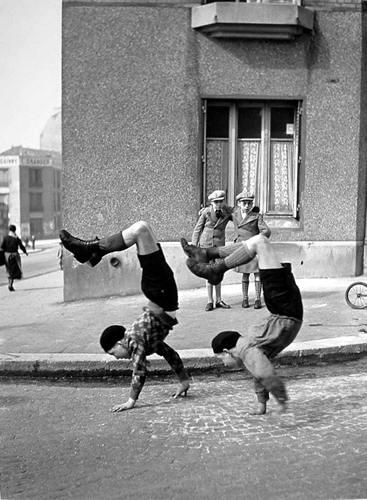
Talent
The second person has done compare and contrast and the first person has not. They both are in the same situation, one person has compared and contrasted the pianist to self and one has not.
The first person does not have the desire to possess the same advantage and the second person does. The first person may not even be aware the pianist has an advantage whilst the second person is acutely aware of the advantage.
Why is this so?
and
Perhaps one can only feel envy if they use the psychological mechanism of compare and contrast first?
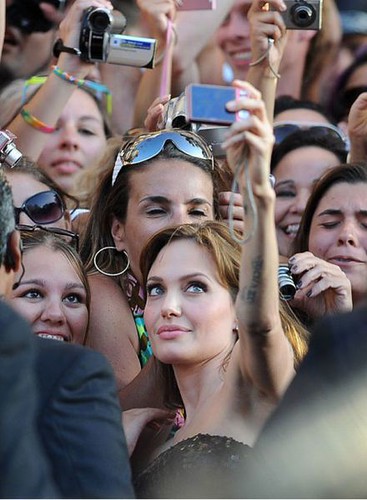
Home wrecker or talented actress
If this is so then the treatment of pathological envy could be dealt with by disrupting the need to compare and contrast and disrupting the persons ability to engage in the process of compare and contrast.
------------------------------
Why compare and contrast
It seems there may be a number of possible scenarios that may lead some to use the psychological process of compare and contrast.
First it is probably safe to say that compare and contrast is a normal thing that humans do. As with so many of these things they start out as natural human behaviour but then get slightly transformed and become neurotic.
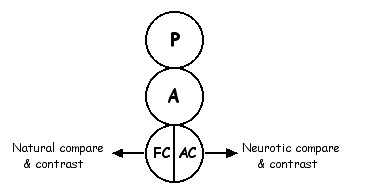
The two different types of compare and contrast could be seen as functions of separate aspects of the personality.
It is a Free Child function when people use compare and contrast (C & C) to get an understanding of self. When we meet our peers we can learn about ourselves by understanding how others think, feel and behave. When we meet those who are the same age, gender, occupation and so forth it gives us a reference point from which we can understand ourselves. By comparing and contrasting to our peers we gain a fuller understanding of who we are.
In addition to this when we meet others who are dissimilar we can also compare and contrast for the same purpose. In recent times I have travelled to countries like Serbia and Croatia and got to know people who are from a different culture. As I have gotten to know my new friends more I notice things about them that are different to how I and other Australians think, feel and behave. I have compared my self and my culture to them and their culture and thus I now have a fuller or more profound understanding about myself (and them).
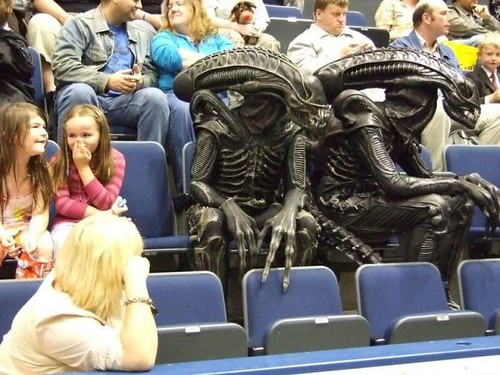
Whilst this seems fairly normal the process of compare and contrast can become excessive therefore resulting in neurotic behaviour which would be seen as an Adapted Child ego state function. In this case people could be seen to use C & C excessively or use it in a way which creates painful feelings and self destructive behaviour.
Consider the example above where two people were listening to the pianist and had two quite different reactions. The one who was consumed with envy used C & C when there was no FC reason to. It resulted in painful feelings for her which would very likely effect her behaviour to the pianist which is likely to be destructive to the relationship. This could be seen as an instance of neurotic compare and contrast. Why would she do this whilst the person sitting beside her does not.
There are a number of parenting scenarios that may lead to this in adult life
1. Parents rate people’s worth on what they have and who they are. The children being in the home see this and model on it. A person from the rich side of town may be spoken of in glowing and respectful ways by the parents. Those of limited means are seen to be less than by the parents. Children growing up around this type of thinking could develop neurotic C & C behaviour in adulthood.

2. The parents compare children with their siblings or their peers. This may happen when parents place children in child beauty pageants. In such instances children are directly and openly being compared and contrasted to their peers. Indeed this happens in any competitive situation. If parents encourage this AND have the attitude that the winner is a better person or some how worth more then C & C may develop in the child’s mind.
If parents encourage children to use competitive pursuits to better them self and realise their potential then neurotic C & C would be less likely to develop. If winning and loosing get entangled with a sense of self worth in the child’s mind then neurotic C & C could develop it would seem.
In the example of the pianist the envious woman was not really concerned about the musical talent. The issue is that because her friend was a more talented that meant (at least in her mind) that she was a better person, more worthwhile, a more important or superior person than her.
3. Sometimes parents favour one child over another. For some reason they give one child more stuff, time, encouragement, love and so forth. This could develop are sense of comparison in the minds of both children, the favoured one and the non favoured one. They are raised in an environment where things are uneven and this signifies a different attitude and feelings in mother to each child. Thus the ‘things’ become important to the children because they represent affection or attention from mother and the value mother has of the child.
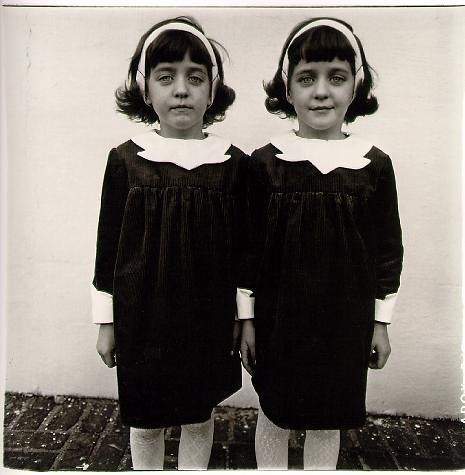
Indeed the same applies the other way. In some domestic situations one child will be singled out by mother or father for extra punitive treatment. For some reason in the psyche of mother one child will be treated more badly, punished more, discounted more and so forth. Again the child will notice the unevenness of this and that it is related to important factors in the psychology of mother.
4. Related to the above one could argue that younger siblings are more likely to develop neurotic C & C because they see the older one getting more stuff, freedoms and liberties. Generally speaking older siblings have more psychological impact on the younger siblings than the other way around. Older siblings are more important to the younger sibling than the other way around. Indeed not uncommonly an older sibling can have a significant impact on the development of transference templates of the younger sibling’s psyche. It is much less likely to occur the other way around.

The younger sibling observes the older one get more ‘stuff’ and becomes envious. For instance the younger sibling has to go to bed at 8pm and the older sibling is allowed to stay up until 10pm. In its mind the age difference is insignificant and the older sibling is simply being favoured by mother and father. Hence C & C is more likely to develop in the mind of a younger sibling.
5. As presented elsewhere
when children develop in their early years they make decisions about what is called their life position. They decide on the value of self and others such as I’m OK, You’re OK (I+U+). There are seven different life positions they can choose from. One is the life position of I’m not OK, But you’re worse (I-U--). In this instance the person feels bad about self but sees others as worse thus making self feel better.
In this case the child has decided to use the process of C & C to protect its sense of self. In essence C & C process becomes a defence mechanism. They compare and contrast self to others perceived as ‘worse’, so as to defend self against its own anxiety generated by realising its own low self worth.
----------------
Feeling envy
These 5 examples show how some children are primed or programmed to enter adulthood and engage in the process of comparing and contrasting. Others who have not had such experiences will not be programmed in such a way. In adulthood they will not naturally compare themselves to others they meet.
The woman who was listening to the pianist and did not feel envy may simply have not compared herself to the pianist and thus she is not aware there is a difference. As our original definition stated, if one is not aware of a difference then one cannot feel envy.
Graffiti
KYLady says
ReplyDeleteIs there a difference between envy and jealousy or are these the same thing?
Hello KYLady,
ReplyDeletethere is not a clear answer to this question because people use the two terms in a whole variety of ways. So it depends on who you ask.
To my mind they are and I have spoken on healousy elsewhere like here
http://www.ynot1.com.au/blogs/Siblings%20-%20rivalry%20and%20jealousy.pdf
The ways I tend to use the term is jealousy often involves loss like a husband or wife where as envy does not
Graffiti
Interesting post, Tony. I’m running a self esteem group right now and comparisons came up. Someone commented on someone being “rich and successful”, and I asked them if they felt that being rich was successful. They said no, they didn’t. I then asked if they wanted to be rich. Again they replied no. But they still used these characteristics to prove to themselves that they weren’t as good as the other people.
ReplyDeleteMadeleine
Hi Madeleine,
ReplyDeleteGood to hear from you and interesting comments about your person who did C & C. I feel I am geting this aspect of human fuinctioning more clear in my own mind now.
Cheers
Tony